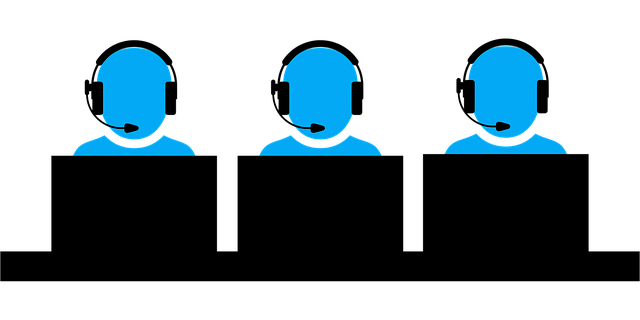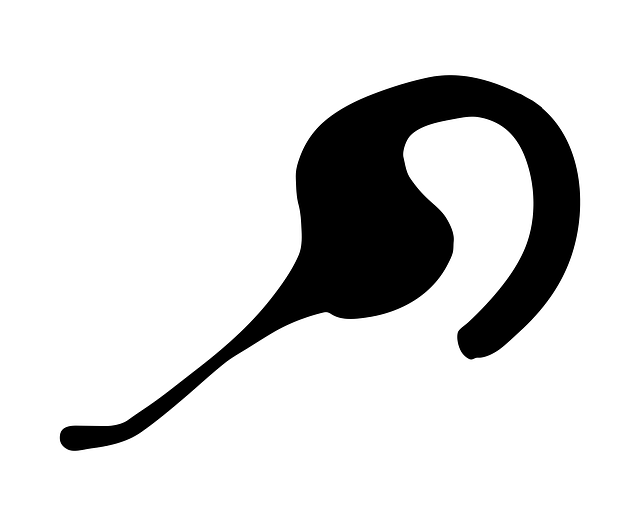Defining your Ideal Customer Profile (ICP) through detailed buyer personas optimizes sales funnel lead qualification by targeting specific demographics and behaviors. Well-defined ICPs enable efficient marketing automation, scoring leads based on engagement, and prioritizing high-potential prospects. Implementing lead scoring systems, segmenting based on behavior, and nurturing with educational content enhance funnel performance, ensuring personalized communication and higher conversion rates.
In the dynamic landscape of sales, qualifying leads is a crucial step in transforming potential customers into loyal buyers. This comprehensive guide navigates the art of refining your sales funnel, focusing on effective strategies to identify and nurture high-value prospects. From crafting detailed customer profiles to implementing lead scoring systems, each tactic ensures you invest time and resources in promising leads. By segmenting audiences based on behavior and educating them along their journey, you enhance conversions and boost sales performance.
- Understand Your Ideal Customer Profile
- Define Clear Criteria for Lead Qualification
- Implement Lead Scoring Systems Effectively
- Segment Your Leads Based on Behavior
- Nurture and Educate Potential Customers
Understand Your Ideal Customer Profile

Defining your ideal customer profile (ICP) is a crucial step in qualifying leads effectively within your sales funnel. It involves creating a detailed persona that represents your perfect buyer—their demographics, behaviors, pain points, and goals. By understanding who your target audience truly is, you can tailor your marketing efforts to attract the right customers and nurture them through the sales process. This personalization ensures that your resources are focused on leads with a higher likelihood of conversion, saving time and effort in the long run.
A well-defined ICP allows for more precise targeting, enabling you to utilize tools like email marketing, customer relationship management (CRM), and marketing automation to engage prospects who align with your ideal profile. These technologies can help streamline the lead qualification process by automatically scoring leads based on their behavior, allowing sales teams to prioritize interactions with high-potential customers. As a result, you’ll find it easier to manage and convert leads into loyal clients within your sales funnel.
Define Clear Criteria for Lead Qualification

Defining clear criteria for lead qualification is a pivotal step in optimizing your sales funnel for leads. It involves creating a detailed set of standards that help you distinguish between potential customers who are genuinely interested and those who might not be ready or willing to convert. These criteria can include demographic information, such as age, industry, and job title, but also behavioral data like website engagement, download history, and interaction with marketing materials. By setting these parameters, sales teams can focus their efforts on leads that have a higher probability of closing.
Utilizing an AI chatbot and missed call text-back systems, integrated with robust marketing automation tools, streamlines the lead qualification process. These technologies enable you to automatically collect valuable data from prospects, sending them targeted questions via chatbots or triggering follow-up texts when they express interest but miss a call. This not only enhances efficiency but also ensures that every interaction contributes to a more accurate lead scoring model, further refining your sales funnel for leads and maximizing conversion rates.
Implement Lead Scoring Systems Effectively

Implementing a lead scoring system is a strategic move to qualify leads within your sales funnel effectively. This system assigns scores to prospective customers based on their interactions and behaviors, allowing sales teams to prioritize their efforts. By leveraging data from various sources like website activities, form submissions, email opens, and social media engagement, you can create accurate representations of lead interest and readiness. Automated lead scoring systems enhance efficiency by streamlining the process, ensuring that marketing and sales teams focus on the most promising prospects.
Integrating these scores with your customer relationship management (CRM) platform enables seamless tracking and analysis. For instance, you can set up rules within your CRM to automatically categorize leads based on their scores, triggering personalized communication and targeted follow-ups. Optimizing your landing pages for lead capture is also key; by incorporating scoring criteria into these pages, such as requiring registration or capturing specific information, you can gather valuable data upfront, further refining your lead qualification process.
Segment Your Leads Based on Behavior

Segmenting your leads based on behavior is a powerful strategy to optimize your sales funnel for leads. By understanding how potential customers interact with your brand, you can create tailored marketing and sales approaches that resonate better with them. For instance, categorizing leads into groups like “active” (regular website visitors) versus “passive” (first-time visitors) allows you to allocate resources more effectively. Using customer relationship management (CRM) tools can greatly aid in this process by tracking and analyzing lead behaviors across various touchpoints.
This segmentation enables personalized email marketing campaigns, where content is specifically designed for each behavior segment. For example, an ecommerce solution might send targeted emails to active leads offering exclusive discounts or early access to new products, while passive leads could receive educational content or introductory offers to encourage engagement. Such strategic communication not only helps in qualifying leads but also fosters stronger customer relationships.
Nurture and Educate Potential Customers

Nurturing leads is a crucial step in transforming potential customers into loyal buyers. After all, selling isn’t just about making a one-time transaction; it’s building relationships and establishing yourself as a trusted advisor. Incorporate educational content into your sales funnel strategies using tools like email marketing and Whatsapp marketing to keep prospects engaged. Send regular newsletters with valuable insights relevant to their interests or industry, positioning yourself as an expert in your field.
Through these channels, educate your audience about the benefits of your products or services and address common objections they might have. This not only helps in building trust but also positions your brand as a go-to resource for solutions. Remember, a well-nurtured lead is more likely to convert, ensuring a healthier pipeline and increased sales within your sales funnel.
Qualifying leads is a critical step in transforming potential customers into loyal buyers. By understanding your ideal customer profile, setting precise criteria, implementing lead scoring systems, segmenting based on behavior, and nurturing prospects through education, you can optimize your sales funnel for leads. These strategies not only enhance lead conversion rates but also foster meaningful relationships with clients, ensuring long-term business success.
